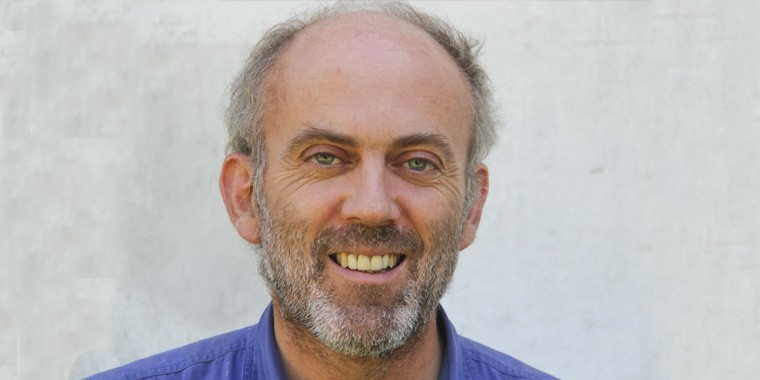Although it’s still six months away, I can already confidently predict that my New Year’s Eve celebrations this year will be a disappointment. I know this because the Basic Payments manna from heaven that has been falling on my December doormat for the past 16 years will be cut by 20%. Worse still, it is due to be trimmed even more in 2022 until it is hacked back to nothing by 2027.
Like any other farmer, of course, I’m aware that the BPS is nuts from the taxpayer’s point of view. I don’t have to engage in much wildlife conservation work or grow any food to receive it. But if farmers should be taught one thing, it’s never to look a gift horse in the mouth. Regular readers will know I’ve never made any secret of the fact that any profit from growing crops on my flinty, rabbit-infested downland and Wealden quagmire has relied on this annual largesse.
The government, of course, has tried to reassure us all that there is nothing to worry about as the forthcoming Environmental Land Management scheme (ELMS) will put all to rights. But will it? Five years after Brexit, alarming chunks of the BPS are already being taken out of my beloved BPS payments, and the detail of future plans is still not forthcoming.
What we do know about ELMS is not exactly reassuring. Payments are likely to be based on an ‘income forgone’ basis, so farmers will only be paid for engaging in farming techniques that reduce their profitability. Even more concerning, it is very likely that some payments will be based on ‘outcomes’, so if biodiversity or greenhouse gas emission reduction targets are not met, ELMS might be reduced or fines imposed.
This is all an uncomfortable reminder that what makes the BPS so idiotic (farmers don’t have to do much for it) is what makes it so wonderful (all of the payments are profit). But if the promised £3 billion to maintain the agricultural budget is dependent on requiring us to invest in new equipment and new techniques that hugely compromise our farming efficiency, our future looks bleak indeed.
So, like the piper, I have to sit patiently and wait for ‘the man to call the tune’ – in this case, DEFRA’s George Eustice. But it seems certain that, whatever tune he calls for, even if it’s something not so very far from Auld Lang Syne, it will involve a lot of twiddly scales and complex key changes that will make it very hard to play.




